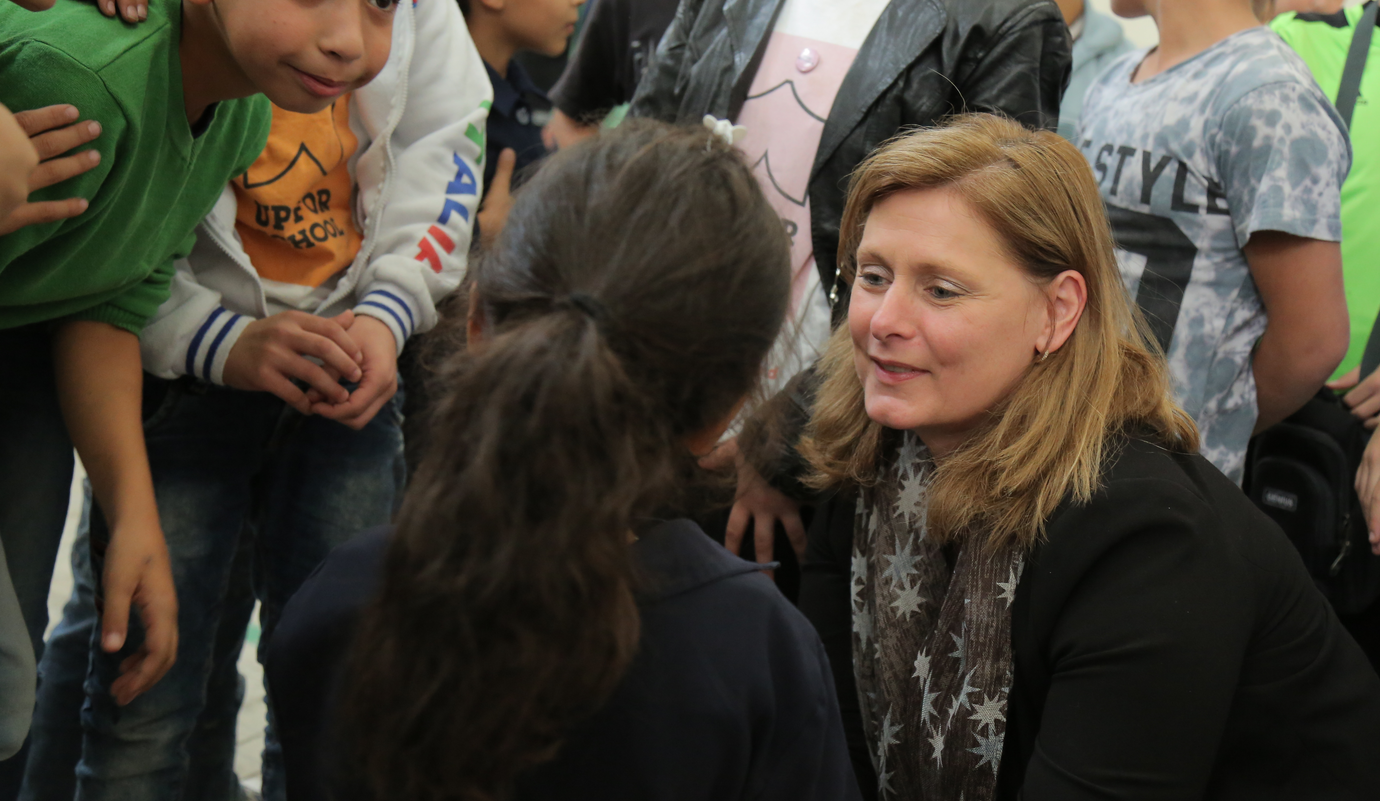
Lack of funding means education targets will be missed by decades warns UNESCO
Education funding
A South African boy in fourth grade at Putumua Junior Secondary school Picture: Eva-Lotta Jansson/EFAReport
The global goals agreed by world leaders are clear – every child in the world should get a free, quality education by the year 2030.
But a huge lack of funding could mean that all girls and boys will not go to primary school until 2042 and lower secondary until 2059.
And full secondary education for all will not be achieved until 2084 – more than 50 years late – according to a devastating report today by the United Nations agency UNESCO.
The Sustainable Development Goals (SDGs) came into force this year and include the target of quality education for all at every age level by 2030.
But funding would need to be SIX TIMES higher than it currently is to achieve that goal, says the Global Education Monitoring (GEM) 2016 report.
In the foreword, renowned economist Jeffrey Sachs said: “This report should set off alarm bells around the world and lead to a historic scale-up of actions to achieve (this goal).”
“The gaps in educational attainment between rich and poor, within and between countries, are simply appalling.”
Indonesian children from Palau Papan island cross a bridge to go to school each day
Among the findings in the report are:
- On current trends only 70% of children in low-income countries will complete primary school in 2030, a goal that should have been achieved in 2015
- 40% of the world’s children are taught in a language they don’t understand
- 60 million people could be lifted out of poverty if all children had an upper secondary education by 2030
- 3.5 million child deaths could be prevented in sub-Saharan Africa by 2030 if mothers were educated to lower secondary level
- Almost 30% of children from the poorest families in low-income countries have never been to school
- Conflict is one of the biggest barriers to education, keeping more than 36 million children out of school
- Even at the fastest rate of progress seen in the regions, one in 10 countries in Europe and Northern America would not achieve universal upper secondary completion by 2030
The 2016 GEM report is the first in a 15-year series. Its introduction says: “Education will not deliver its full potential to catapult the world forward unless participation rates dramatically improve, learning becomes a lifelong pursuit and education systems full embrace sustainable development.”
UNESCO said education is key to all of the 17 SDGs – including increased prosperity, better agriculture and health, less violence and greater gender equality.
There is a special youth version of the report – read it here
Director-General Irina Bokova said: “A fundamental change is needed in the way we think about education’s role in global development, because it has a catalytic impact on the well-being of individuals and the future of our planet.
“Now, more than ever, education has a responsibility to be in gear with 21st-century challenges and aspirations, and foster the right types of values and skills that will lead to sustainable and inclusive growth and peaceful living together.”
At the launch of the report in London today, Bokova mentioned the global Education Commission, which will deliver its findings on September 18.
Launched a year ago, the commission’s remit is to examine how to reverse the lack of financing for education around the world. It is chaired by Gordon Brown, the UN Special Envoy for Global Education, and features 20 former and current world leaders.
It follows the launch in May of the Education Cannot Wait fund to help children affected by humanitarian emergencies such as wars and natural disasters. The fund aims to reach more than 13.6 million children and youth living in crisis situations with quality education over the next five years and 75 million by 2030.
Bokova said: “I am convinced we need this kind of intervention. This is the case we are also making with the Education Commission.”
More news

